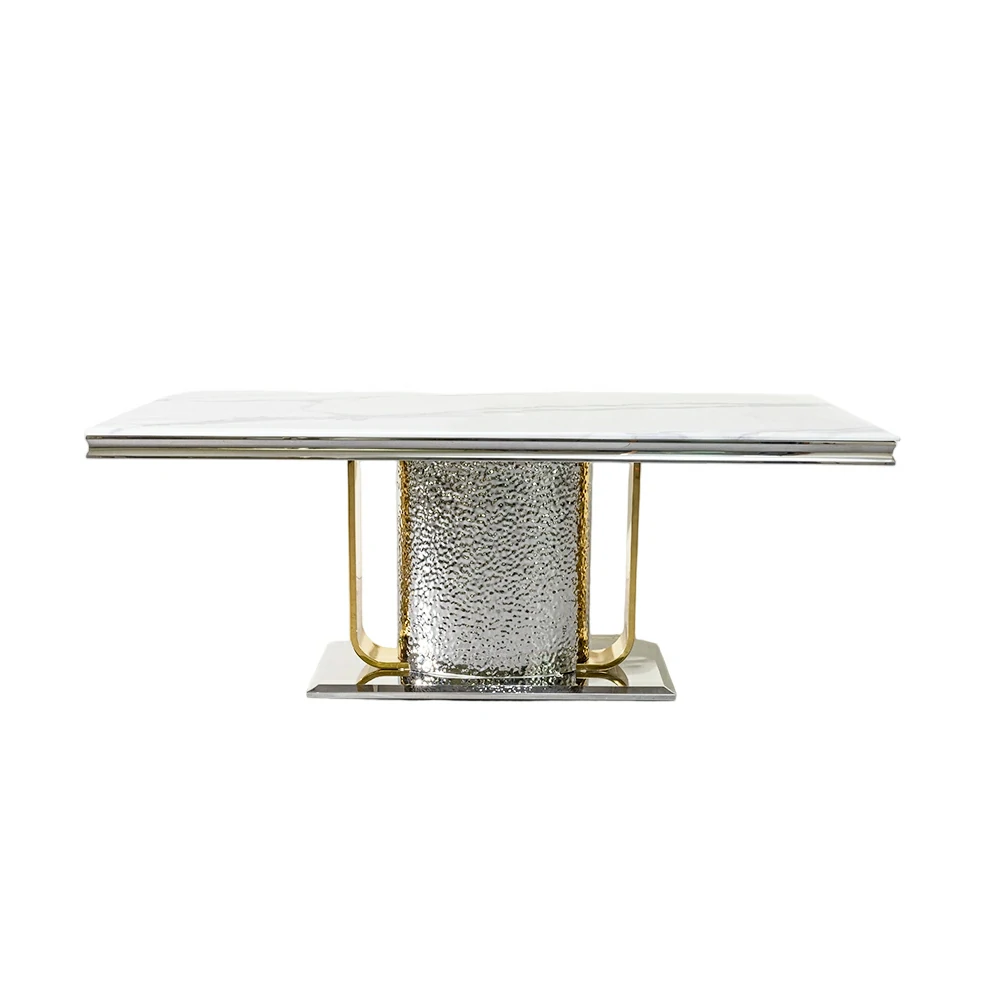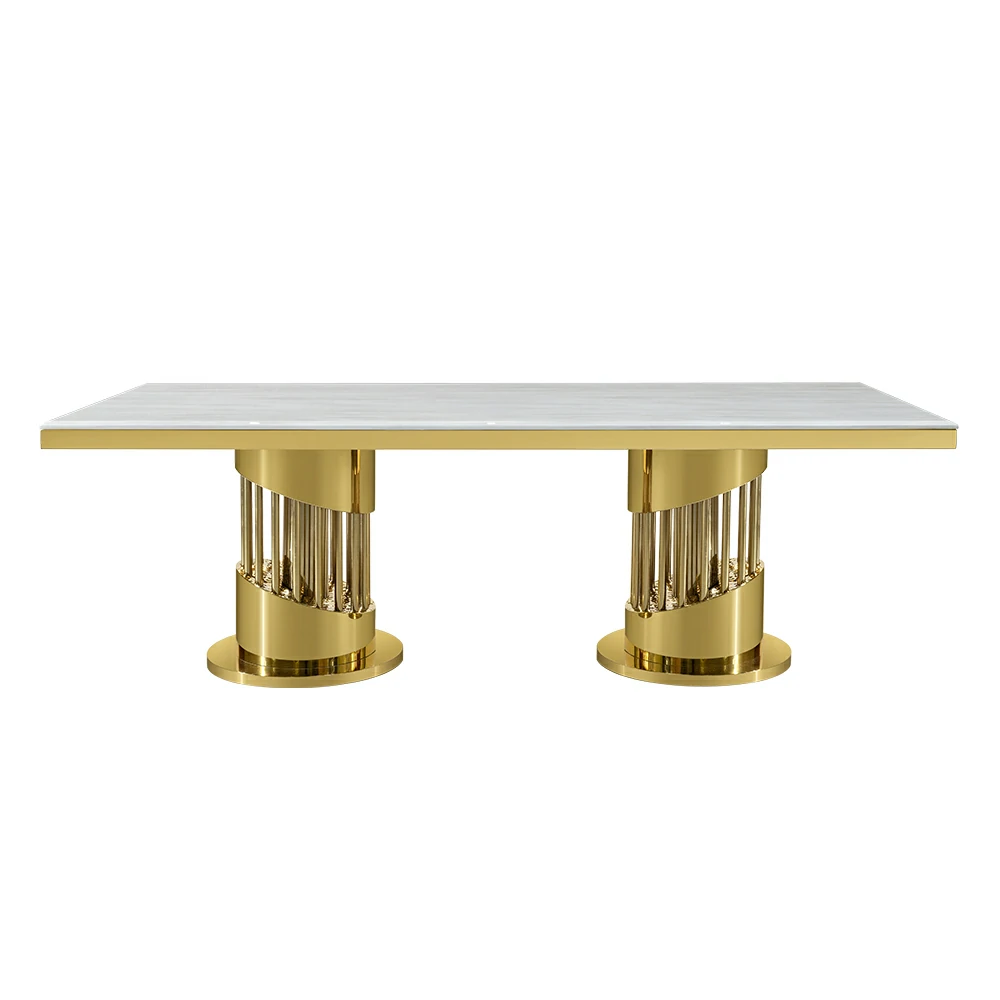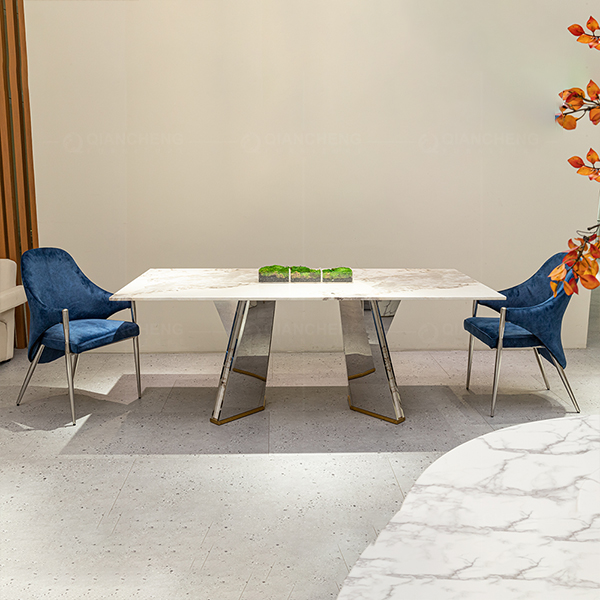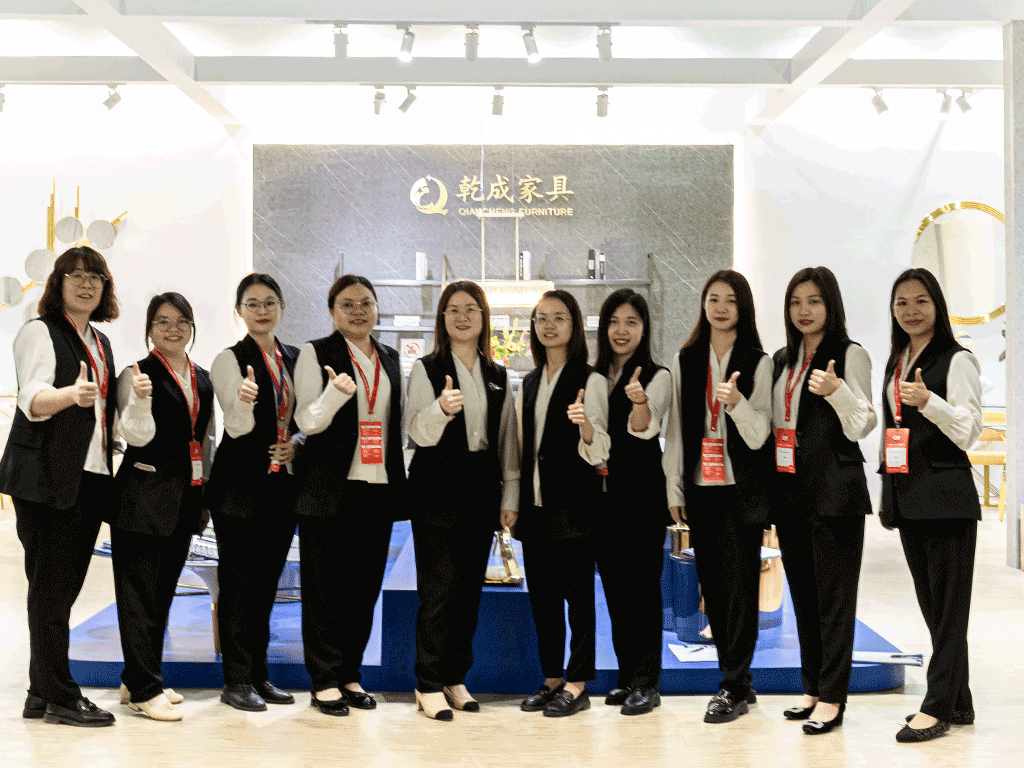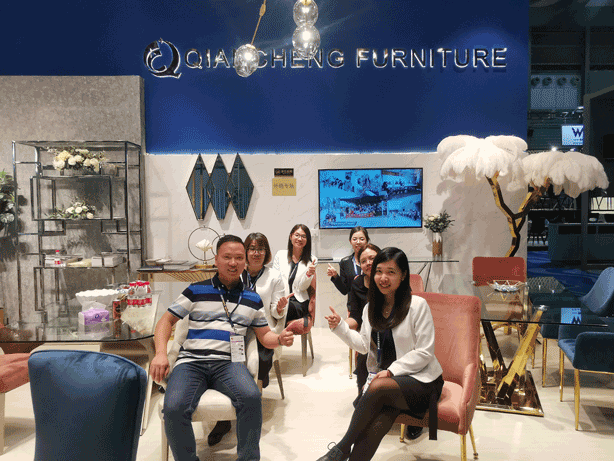China’s furniture market, blending age-old traditions with modern nuances, has been a cornerstone of its consumer realm for numerous generations. As the years have progressed, this market has blossomed into a global hotspot for both local and international furniture vendors. The pivotal drivers behind this monumental growth encompass the swift pace of urban development, escalating income brackets, and a thriving middle class with a refined taste for eclectic designs and top-tier quality. China Imported Furniture Guide

In this grand scheme, the role of imported furniture is paramount. As the world becomes a global village, Chinese aficionados have cultivated an affinity for overseas designs, cherishing their distinct aesthetics, state-of-the-art features, and impeccable artisanship. Such imported pieces, synonymous with opulence and elegance, have etched a distinctive space in the market.
Current China’s Imported Furniture Market Landscape
Consumer Preferences and Driving Factors in China’s Imported Furniture Market
In China’s imported furniture market, consumer preferences have undergone a significant transformation in recent years. Chinese buyers now place a premium on qualities such as quality, design, and functionality when selecting furniture. Key determinants shaping consumer decisions encompass:
- Emphasis on Quality and Craftsmanship: Chinese consumers are increasingly willing to invest in imported furniture renowned for its exceptional quality and meticulous craftsmanship. Brands offering robust and well-crafted products tend to excel in this market.
- Design Aesthetics: Contemporary and modern designs are highly coveted, with a growing inclination toward minimalist and Scandinavian styles. Imported furniture holds particular appeal for consumers seeking distinctive and stylish pieces to enhance their living spaces.
- Sustainability: The adoption of eco-friendly and sustainable materials and practices is gaining prominence. Consumers exhibit heightened awareness of environmental concerns and exhibit a preference for furniture sourced from responsibly managed materials.
- Brand Esteem: Well-established international furniture brands with a solid global reputation enjoy a competitive edge. Chinese consumers place trust in renowned names for their dependability and product excellence.
- Personalization: Personalized and customizable options are experiencing a surge in popularity as consumers seek furniture tailored to their specific needs and individual tastes.
Market Size, Growth, and Anticipated Trends
China’s imported furniture market has witnessed consistent growth, attributed to increasing disposable incomes, urbanization, and evolving consumer preferences. While the precise market size can fluctuate annually, it consistently demonstrates robust expansion. The COVID-19 pandemic expedited the shift toward e-commerce within the furniture sector, with online sales channels continuing to play a pivotal role.
Anticipated trends for China’s imported furniture market encompass
Sustained Expansion
The market is poised for continual growth as consumers continue to prioritize quality and design in their furniture acquisitions.
The dominance of E-commerce
Online sales channels are expected to maintain their significance, as consumers increasingly turn to e-commerce platforms for exploring and purchasing imported furniture.
Customization and Personalization
Brands offering tailor-made solutions and unique design options are likely to thrive as consumer demand for personalized products intensifies.
Emphasis on Sustainability
Brands that adopt eco-friendly materials and sustainable production processes will secure a competitive advantage in response to the growing consumer preference for environmentally responsible products.
International Collaborations
Foreseen collaborations between international and domestic brands will introduce fresh designs and concepts to the market, catering to evolving tastes.
Smart Furniture
The integration of technology and smart features into imported furniture items is a burgeoning trend, aligning with China’s tech-savvy consumer base.
Consumer Preferences and Behavior
Popular Styles and Materials in Demand
In China, contemporary and modern furniture styles are highly sought after, with a growing affinity for minimalist and Scandinavian designs. Consumers desire furniture that embodies simplicity and elegance. Materials such as stainless steel are particularly favored for their durability and sleek appearance. Additionally, upholstered furniture in neutral color palettes remains a popular choice, offering versatility and a serene ambiance in living spaces.
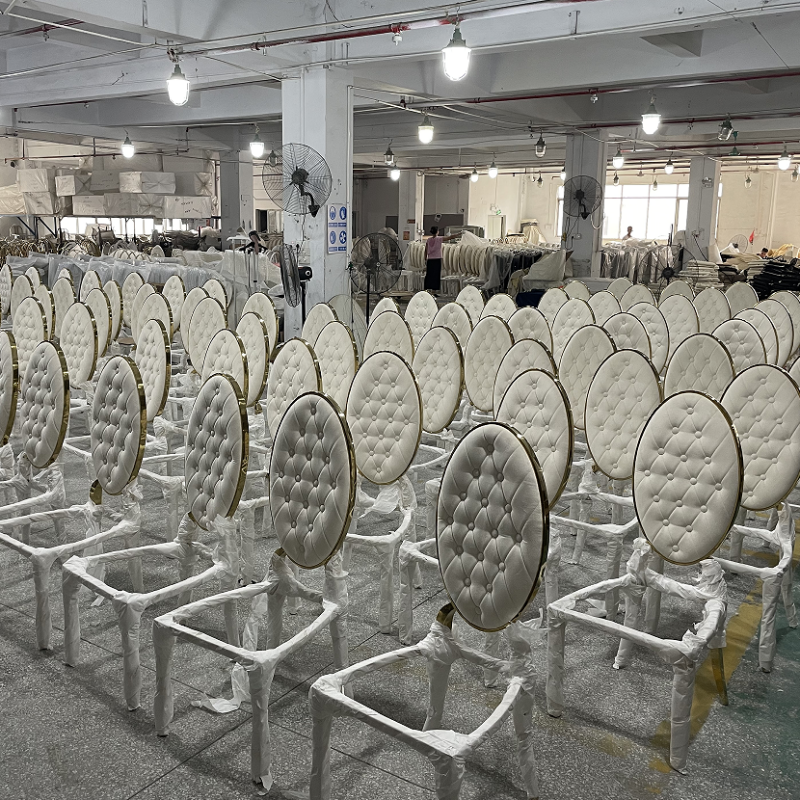
Influence of Culture and Tradition in Furniture Selection
Chinese culture and traditions exert a significant influence on furniture choices. Feng Shui principles frequently guide decision-making, emphasizing harmony, balance, and the flow of energy within living spaces. While traditional Chinese furniture, known for its intricate craftsmanship and symbolic significance, continues to resonate with some consumers, modern households often integrate traditional elements into contemporary designs, bridging cultural heritage with a more modern lifestyle.
Impact of China’s Growing Middle Class on Buying Habits
The expanding middle class in China significantly shapes furniture purchasing behaviors. With rising disposable incomes, middle-class consumers prioritize quality, comfort, and aesthetic appeal. They are inclined to invest in premium furniture, imported Italian luxury brands, and personalized options. Consequently, there is a burgeoning demand for high-end and designer furniture in urban areas, propelling trends towards stylish, functional, and eco-conscious pieces. China Imported Furniture Guide
Qiancheng Furniture
Balancing Localization with Global Appeal
Qiancheng Furniture has adeptly managed the art of harmonizing localization with global appeal. By comprehending and adapting to the distinctive tastes and cultural intricacies of diverse markets, we have crafted furniture that resonates with local clientele while upholding universal design and quality standards. This approach has empowered Qiancheng Furniture to establish a formidable presence, spanning 60 countries, including the United States, Canada, the United Kingdom, South Africa, Mexico, Germany, Japan, and more.
Expanding into varied markets inevitably brings forth regulatory intricacies and the necessity for strategic partnerships. Qiancheng Furniture has confronted a spectrum of regulations encompassing import-export, product standards, and intellectual property protection across different nations. The cultivation of alliances with local distributors and retailers has proven pivotal in surmounting these challenges, enabling the establishment of a steadfast foothold in new markets.
Harnessing Online Platforms for Exponential Growth
In the era dominated by e-commerce, Qiancheng Furniture has harnessed the potential of online platforms to fuel expansive growth. The company’s digital presence, spanning its dedicated website and popular e-commerce platforms, has facilitated extensive reach to a diverse customer base, both domestically and internationally. This digital strategy has streamlined transactions and delivered a user-friendly shopping experience, fortifying the brand’s ongoing triumph and expansion.
CONCLUSION
To sum it up, achieving success in China’s imported furniture market relies on a finely tuned equilibrium between catering to local tastes and upholding global allure. It necessitates flexibility, cultural awareness, meticulous attention to regulations, and a strong online presence. As China’s consumer market undergoes further transformations, those who adeptly navigate these complexities will discover abundant prospects for expansion and triumph in the dynamic realm of imported furniture. China Imported Furniture Guide


.jpg)
